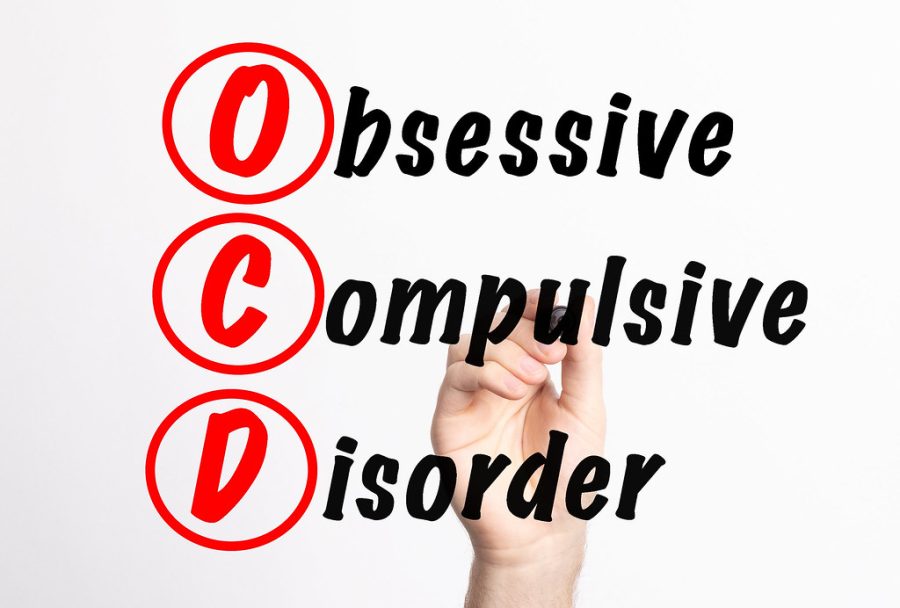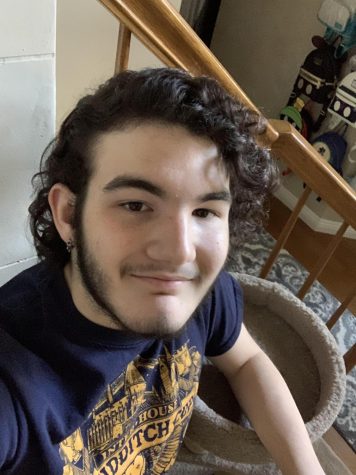OCD – What is it, and why is it so commonly misunderstood?
February 4, 2022
Obsessive-Compulsive Disorder (OCD) is well-known and referenced often in our society, yet many people don’t fully understand what it is or how it works, or even that it is an anxiety disorder. OCD is characterized by repetitive unwanted thoughts, or “obsessions”, and tasks they do to decrease stress from said thoughts, or “compulsions”, hence the name. The issue comes when people take the words “obsessions” and “compulsions” as their popular connotations rather than their actual meanings in the disorder, leading to misunderstanding and misrepresentation.
The word “obsessed” is very common in our social environment. People use it to refer to new trends they like, or people they’re infatuated with, making it harder for people to understand what those with OCD mean when they refer to obsessive behavior. More than this, people often use OCD as an excuse for certain behaviors, mostly those related to perfectionism, which can be harmful when people with OCD are attempting to be taken seriously.
Obsessions fall into many categories, but they all tend to focus on anxieties or insecurities. Compulsions fall into different sections as well, but they tend to line up with the obsessions that one with OCD struggles with. If you have thoughts or worries regarding harming yourself or others, your compulsions may include checking with other people that you haven’t unintentionally harmed them and keeping to yourself. If your obsessions are more based on cleanliness or fear of contamination or disorganization, you are more likely to compulsively clean things multiple times and/or keep a completely orderly space at all times.
Some inexperienced people may think that these compulsions are good things, that keeping your space clean and orderly doesn’t sound too bad. In reality, these compulsions can become incredibly time-consuming. One who compulsively cleans may find themself cleaning one area over and over repetitively, constantly worried that they missed a spot and what might happen if they don’t ensure it is all cleaned, which can end up wasting more and more time out of each day. These compulsions, however tame they may seem on the surface, can leave a person with no time to finish tasks they need to complete or to take time to themselves.
OCD is a serious anxiety disorder that affects 2-3 million people, or 1 in 100 people, in the U.S. according to the International OCD Foundation. It is not something to be taken lightly, and people with OCD deserve more than jokes about being obsessive planners and perfectionists. It’s more than just disheartening to hear someone joking about “how OCD” something is, it reinforces the idea that OCD is nothing more than simple compulsive behaviors that someone does because they “just need things to be perfect.”



